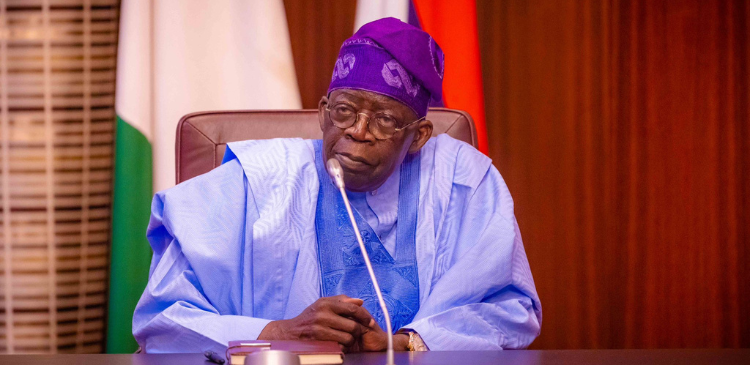
“The programme will establish 15 state-of-the-art ICT centres, strategically placed across Nigeria, to provide individuals and businesses alike with access to cutting-edge digital training, resources, and support,” a statement signed by the Senior Special Assistant to the Vice President on Media and Communications, Stanley Nkwocha, revealed on Friday.
According to the statement titled ‘Over 3M MSMEs to benefit as Nigeria launches FG/ALAT Skill-Novation’, the first phase of the programme will focus on Katsina, Anambra, Borno, Lagos, Oyo, and Kano states.
The second phase will include Delta, Kaduna, Ogun, Bauchi, Kwara, and Ekiti states.
“This is in a bid to support information technology revolution that would, in turn, extend the reach of economic and social interactions as well as enhance productivity growth in Nigeria,” Nkwocha revealed.
Friday’s launch comes 11 days after the WEMA Bank in partnership with the Office of the Vice President said it has concluded arrangements to commence the FGN-ALAT Digital Skill-Novation Programme that will empower one million Micro, Small and Medium Enterprises nationwide.
Speaking during the launch of the programme at the Banquet Hall of the Presidential Villa, Abuja, on Friday, Vice President Kashim Shettima described the programme as a “transformative initiative” that “ushers in a new era of digital empowerment for” Nigerians.
He said, “We are compelled to tread this path by the direction in which the world has headed, a world of disruptive technologies redefined by the Fourth Industrial Revolution.
“This initiative is a response to the evolution of the modern business environment, an acknowledgement that digital skills have become the cornerstone of economic ease and expansion.”
The Vice President hinted that the gathering is one of the many to come and an occasion to reassure the nation of President Bola Tinubu’s commitment to supporting small businesses across Nigeria.
Giving an insight into how the country would benefit from the programme, Shettima explained that “Nigeria, with its expanding MSME sector of close to 40 million, has the potential to lead business innovation beyond Africa.
“The Skillnovation Programme, therefore, aims to unlock this immense potential. The initiative is designed to provide the necessary tools and skills for our MSMEs to thrive and compete on the global stage.”
VP Shettima also assured Nigerians that nobody will be left out of the Skill-Novation Programme, regardless of age, gender, or disability.
“There will be no disadvantaged demographic in accessing this opportunity.
“Our youth, women, and persons with disabilities have found friends and allies and will be favoured in our proposed single-digit loan schemes for our valued MSMEs, for which talks are already ongoing with the Bank of Industry and other critical stakeholders and partners,” he stated.
Earlier in his welcome address, the Senior Special Assistant to the President on Job Creation and MSMEs, Mr Temitola Adekunle-Johnson, emphasised the significance of the partnership, noting that the government alone cannot address the challenges confronting Nigerians.
On his part, the Managing Director of Wema Bank, Mr Moruf Oseni, commended the passion of Tinubu and Shettima for empowering young Nigerians, even as he announced the establishment of skills training centres across 17 states, beginning with Lagos and Borno.
He said the programme will directly impact two million youths and one million small businesses across the benefitting states.
In his goodwill message, Minister of Communications and Digital Economy, Mr Bosun Tijjani, called on other private sectors to collaborate more with the government to actualise the objectives of job creation.
On his part, Governor Ahmad Aliyu of Sokoto state pledged the state government’s support for the success of the programme.
Also present at the event were the Ministers of Agriculture, Sen. Abubakar Kyari; Labour and Employment, Simon Lalong; Deputy Governors of Borno, Umar Kadafur; Kaduna, Hadiza Balarabe; Anambra, Onyeka Ibezim; Jigawa, Aminu Usman, amongst others





